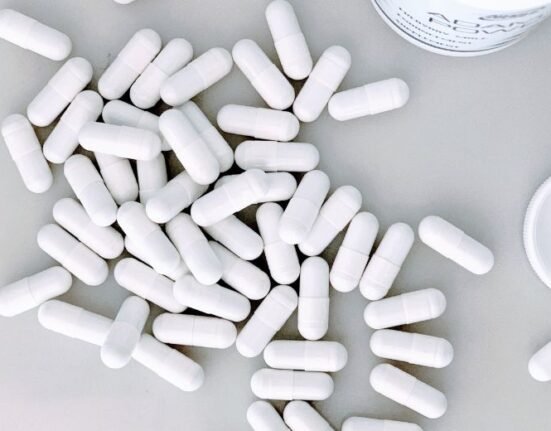HQ Team
November 11, 2022: Researchers at Rutger University say they have identified the biological process behind drug and alcohol addiction. According to them, it is the brain’s orexin system, which regulates sleep/wake states, the reward systems and moods, and also controls drug-seeking behaviour.
The researchers did a review of a body of research and reported that many ongoing studies show that drugs of abuse increase orexin production in both animal and human brains and that blocking this system reverses addiction in animals. One such study found that one of the three orexin-blocking sleep aids approved for insomnia treatment reduces opioid cravings in human subjects.
The review published in the Biological Psychiatry arrived at this discovery after studying more than a decade of publications and found that orexin is responsible for drug cravings.
“There’s still much to discover about how orexin drives drug craving, but we know more than enough to justify testing orexin antagonists in clinical trials as addiction treatments,” says Gary Aston-Jones, coauthor of the review and director of the Rutgers University Brain Health Institute. “We’re applying for funding from the National Institutes of Health and looking to hire a physician-scientist with clinical trial experience to lead these efforts.”
Under normal circumstances, the orexin-producing cells in the brain adjust the production according to the task at hand. It is more when an adrenalin rush is needed and turns off to suggest rest. However, addiction to opioids, alcohol, and other substances, leads to increased orexin production, but the brain gets no time off from this motivation to seek the drugs. The cells constantly operate, producing high levels of orexin.
Orexin control over addiction
Researchers have conducted controlled studies of mice, rats, zebrafish, and other animals to find how orexin controls adictive behaviour. Postmortem analysis of the brain tissue of heroin users shows orexin activity similar to that observed in addicted animals. Once triggered, this overactivity may last forever. Increased orexin levels were observed in cocaine-addicted rats that stayed sober for more than a quarter of their natural lifespan..
Orexin’s sleep-blocking effects led to the development and approval of three anti-orexin insomnia medications. The US Food and Drug Administration has approved Belsomra, Quviviq, and Davigo) to treat insomnia. These medicines. Have been tested in animals to treat overproduction of orexin.
Research at Rutgers found that low doses of one of these medications can reduce drug-seeking behaviour in rats without impairing cognitive function. Another Johns Hopkins University study showed that this medication can reduce cravings in people detoxifying from opioids.
“There’s obviously no guarantee orexin antagonists will effectively treat addiction, but our research gives us good reason for hope,” says Morgan James, coauthor of the review and a professor of psychiatry at Rutgers Robert Wood Johnson Medical School. “And the need for effective treatments is enormous.”




